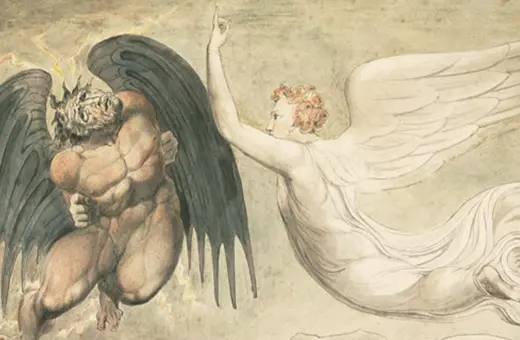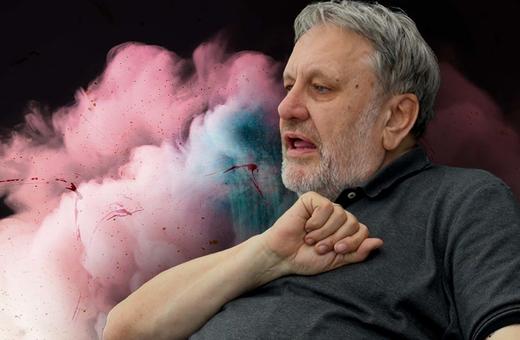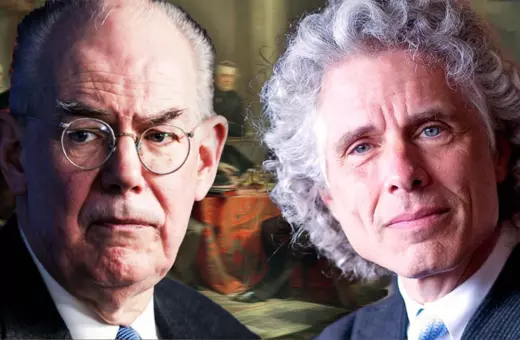When migrants die in their effort to cross the policed borders of a country, governments tend to blame the smugglers that enabled them. Others might blame the migrants themselves for taking extremely high risks. But the real moral responsibility lies with the governments, argues Kieran Oberman.
On Wednesday 24 November 2021, 27 migrants died trying to cross the Channel from France the UK. Most were Iranian Kurds. Among the group was one pregnant woman and three children. It was the worst disaster in the Channel to date. Around the world, such tragedies are all too common. On the US-Mexico border, migrants often collapse from heat and exhaustion. In the Mediterranean region, drownings are so common that it has become the world’s deadliest frontier. In the last 5 years alone, over 10,000 migrants have drowned trying to reach Europe’s southern coast.
Who is to blame for such tragedies? Governments tend to blame the smugglers that transport migrants across borders. Others might blame migrants themselves – after all, they choose to make journeys they know are risky. Another possible answer is that no one is to blame. Seas and deserts are just dangerous places. The migrants who perish are victims of the elements, nothing more. In fact, all these answers are wrong. Ultimately, when migrants die at borders, it is governments who are to blame.
Consider the case of the Channel. Here, the thought that migrant deaths are natural deaths is a non-starter. The Channel is an extremely safe sea to cross. On a ferry or Eurostar, you are guaranteed a secure ride. It is also cheap. Any migrant who has paid their way as far as Dunkirk will be able to stump up the cash for a passenger ticket. So why are migrants dying in the Channel? Because they are not travelling by Eurostar. They are travelling in small, crowded dinghies - not a safe way to cross.
The reason smugglers exist is because there is a demand for their services, and that demand is created by border enforcement.
What about smugglers? The UK government is adamant that they are to blame. Commenting on the recent tragedy, UK Prime Minister, Boris Johnson claimed that smugglers are “literally getting away with murder”. Indeed, sometimes the government goes as far as to frame its tough stance on border enforcement as justified by the need to stamp out smuggling.
When smugglers overload boats or take other shortcuts, they are certainly at fault. But the reason smugglers exist is because there is a demand for their services, and that demand is created by border enforcement. If migrants were permitted to travel using conventional transport, there would be no smugglers. In this context, justifying border enforcement as an anti-smuggling measure gets things exactly the wrong way round. It would be like trying to justify alcohol prohibition as means to stop bootleggers.
In any case, when it comes to Channel crossings, it’s not even clear to what extent smugglers are actually involved. The government’s own National Crime Agency admitted that migrants often engage in “self-facilitation”, clubbing together to buy the boats themselves.
The government claims that migrants crossing the Channel are taking needless risks, and we often blame people who engage in needless risk taking.





















Join the conversation